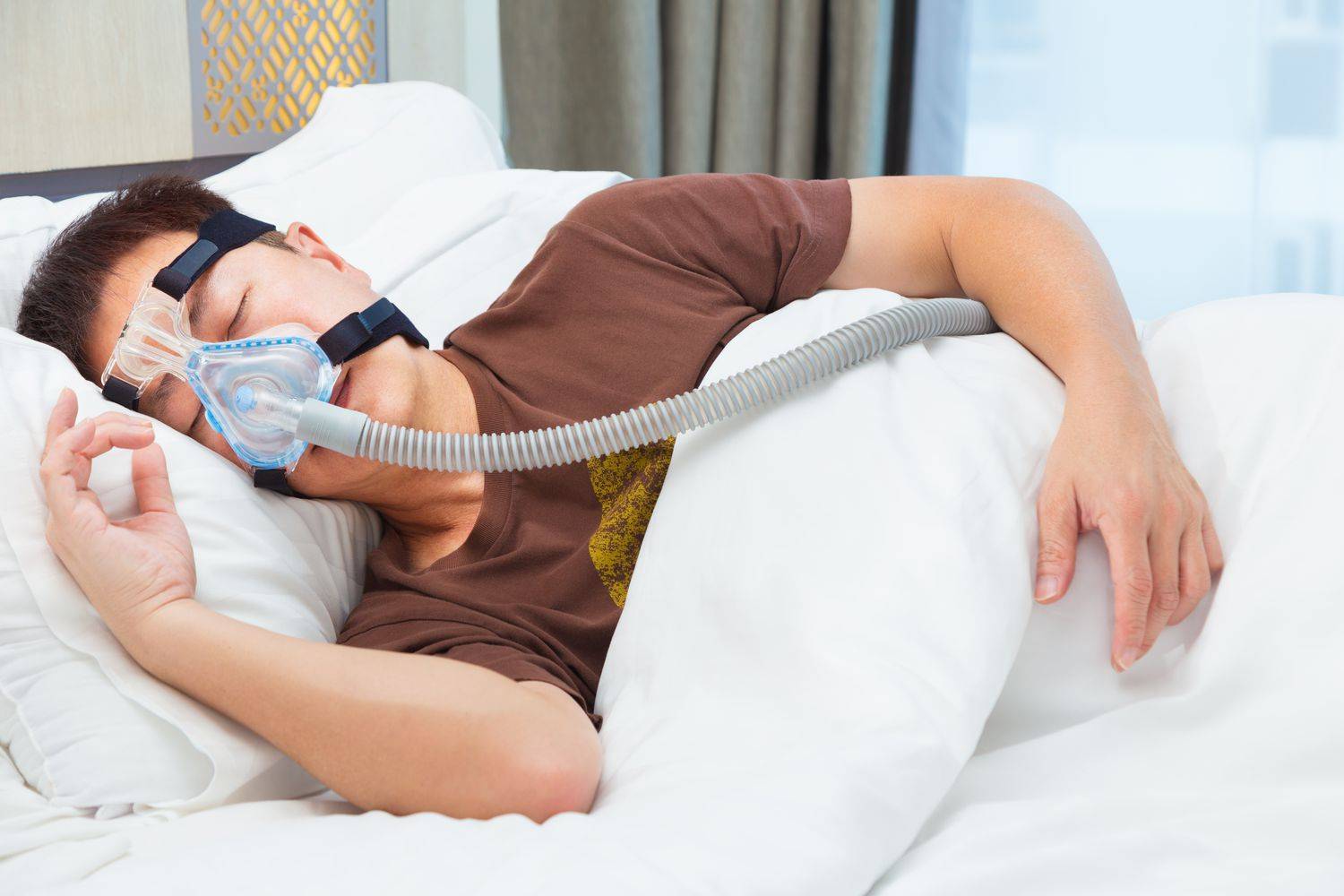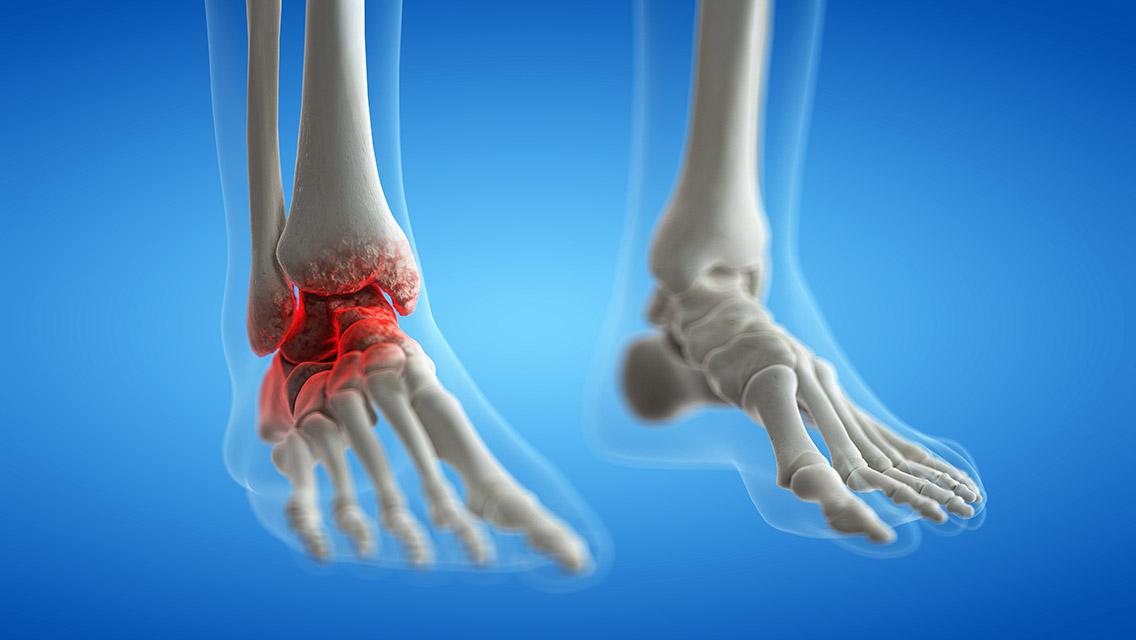Sleep apnea is a common sleep disorder characterized by repeated interruptions in breathing during sleep. These interruptions, called apneas, can lead to fragmented sleep and various health problems. Understanding whether sleep apnea can be cured involves exploring its types, causes, symptoms, and available treatments.
Understanding Sleep Apnea
There are three main types of sleep apnea:
Obstructive Sleep Apnea (OSA)
OSA is the most common form and occurs when the muscles at the back of the throat relax excessively during sleep, causing a temporary blockage of the airway.
Central Sleep Apnea (CSA)
CSA happens when the brain fails to send the proper signals to the muscles that control breathing. This type is less common and is often associated with other medical conditions.
Complex Sleep Apnea Syndrome
Also known as treatment-emergent central sleep apnea, this occurs when someone has both obstructive and central sleep apnea.
Causes and Risk Factors
Obstructive Sleep Apnea
- Excess Weight: Fat deposits around the upper airway can obstruct breathing.
- Neck Circumference: A thicker neck might have a narrower airway.
- Narrowed Airway: This could be inherited or due to conditions like enlarged tonsils or adenoids.
- Chronic Nasal Congestion: Difficulty breathing through the nose can contribute to OSA.
- Smoking: Smoking increases inflammation and fluid retention in the upper airway.
- Alcohol Use: Alcohol relaxes the muscles in the throat, increasing the risk of OSA.
Central Sleep Apnea
- Heart Disorders: Conditions like congestive heart failure can lead to CSA.
- Stroke: Damage to the brain can affect its ability to regulate breathing.
- High Altitude: Sleeping at high altitudes can increase the risk of CSA.
Symptoms of Sleep Apnea
Common symptoms of sleep apnea include:
- Loud Snoring: Often a hallmark sign, particularly of OSA.
- Episodes of Breathing Cessation: Witnessed by another person.
- Gasping for Air During Sleep: Waking up suddenly feeling short of breath.
- Morning Headache: Due to low oxygen levels.
- Insomnia: Difficulty staying asleep.
- Excessive Daytime Sleepiness: Falling asleep during the day, even while working or driving.
- Difficulty Concentrating: Cognitive impairment due to poor sleep quality.
- Irritability: Mood swings and irritability due to sleep deprivation.
Diagnosis of Sleep Apnea
Diagnosing sleep apnea typically involves:
Sleep Study (Polysomnography)
A comprehensive sleep study was conducted in a sleep lab that monitors heart, lung, and brain activity, breathing patterns, arm and leg movements, and blood oxygen levels during sleep.
Home Sleep Apnea Testing
Simpler tests that you can do at home to diagnose OSA. These tests usually measure heart rate, oxygen levels, airflow, and breathing patterns.
Treatment Options for Sleep Apnea
Lifestyle Changes
- Weight Loss: Reducing weight can significantly improve or even resolve OSA in overweight individuals.
- Exercise: Regular physical activity can help alleviate symptoms.
- Sleep Position: Sleeping on the side instead of the back can prevent the tongue and soft palate from blocking the airway.
- Avoiding Alcohol and Smoking: Both can exacerbate sleep apnea.
Continuous Positive Airway Pressure (CPAP)
CPAP is the most common and effective treatment for OSA. It involves wearing a mask over the nose and/or mouth during sleep. The mask is connected to a machine that delivers a continuous flow of air, keeping the airway open.
Other Airway Pressure Devices
For those who find CPAP uncomfortable, other options like bilevel positive airway pressure (BiPAP) machines may be prescribed. These devices provide a higher pressure when you inhale and a lower pressure when you exhale.
Oral Appliances
Dental devices can help keep the throat open. They are designed to bring the jaw forward, which can relieve mild OSA.
Treatment for Central Sleep Apnea
- Adaptive Servo-Ventilation (ASV): A device that adjusts the air pressure during sleep to stabilize breathing patterns.
- Supplemental Oxygen: Using oxygen during sleep can help reduce episodes of CSA.
- Medications: Certain medications can stimulate breathing or treat underlying conditions contributing to CSA.
Can Sleep Apnea Be Cured?
While there is no definitive cure for sleep apnea, particularly for obstructive and central sleep apnea, it can be effectively managed and, in some cases, significantly improved or resolved through various treatments. The potential for a “cure” depends on the underlying cause and the type of sleep apnea.
Managing Obstructive Sleep Apnea
For many individuals, lifestyle changes such as weight loss, exercise, and avoiding alcohol can lead to significant improvement or even complete resolution of symptoms. CPAP therapy is highly effective in managing symptoms, although it requires consistent use. Surgical interventions may provide a long-term solution for some patients.
Managing Central Sleep Apnea
Central sleep apnea can be more challenging to treat due to its association with other medical conditions. Management often involves treating the underlying condition, using adaptive devices like ASV, and sometimes medications.
Conclusion.
While sleep apnea may not be “cured” in the traditional sense for everyone, there are numerous effective treatments available that can significantly improve symptoms and quality of life. Proper diagnosis and a tailored treatment plan are essential for managing the condition successfully. Regular follow-ups with healthcare providers ensure that the treatment remains effective and adjustments can be made as needed.



